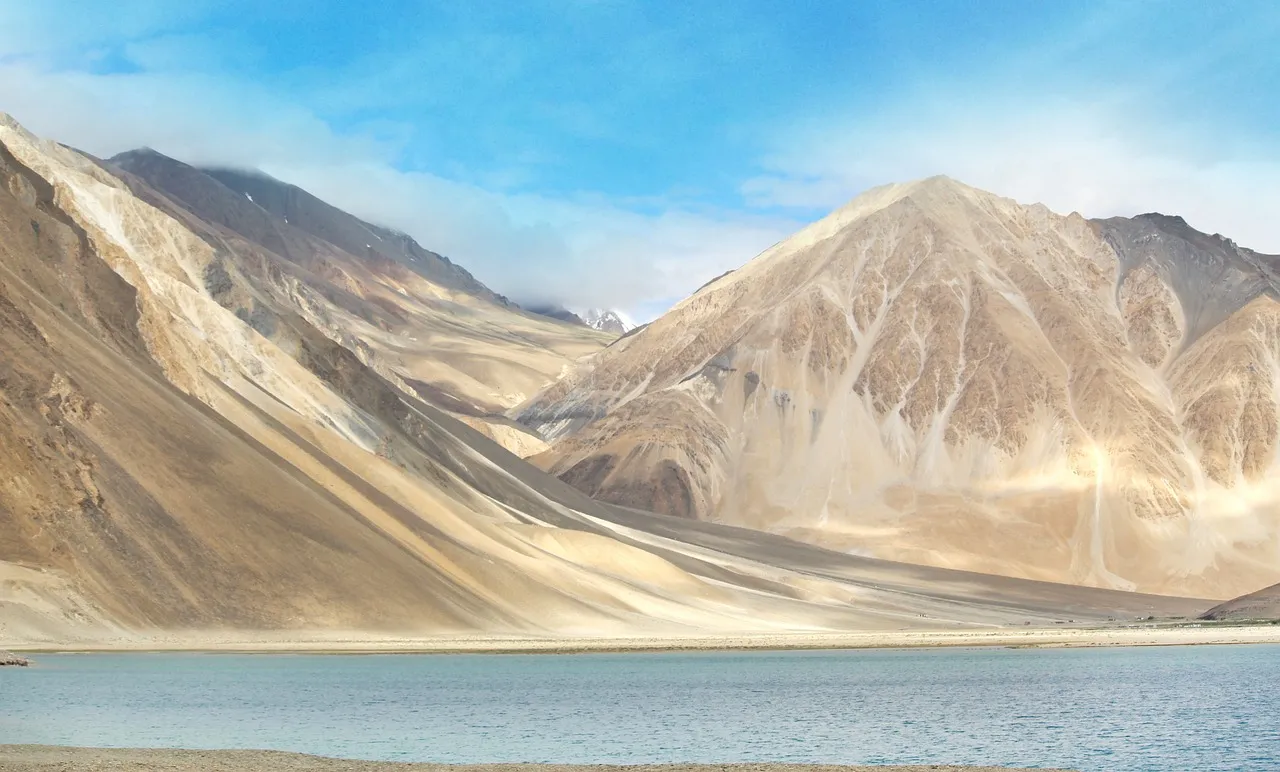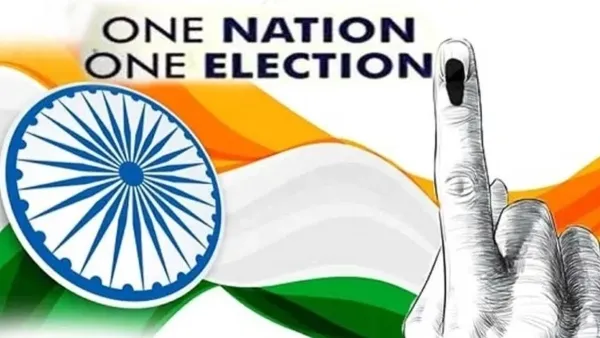
Ladakh A Lost Identity: The Struggle for Political and Cultural Autonomy
- March 05, 2025
- Reading Time : 10 mins read
Ladakh, often referred to as the 'Land of High Passes,' is a unique and historically rich region of northern India. Nestled in the trans-Himalayan belt, Ladakh has long maintained an identity distinct from the erstwhile state of Jammu and Kashmir (J&K). With deep-rooted Tibetan Buddhist influences, the region historically functioned as an independent Buddhist kingdom before its annexation by the Dogra rulers of Jammu in 1834. This annexation marked the beginning of Ladakh’s prolonged marginalization within the larger princely state of J&K, a pattern that continued post-independence under Indian rule.
The Marginalization of Ladakh in J&K Politics: For centuries, Ladakh’s governance has been dictated by external powers with little regard for its distinct cultural and developmental needs. The region remained on the periphery of administrative priorities under the Dogras, British, and later, independent India. Leh often found itself at odds with the Muslim-dominated state government in Srinagar. This imbalance led to Ladakhi demands for direct central governance as early as the 1950s, championed by leaders like Kushok Bakula Rinpoche and Nawang Rigzin Jora.
The Demand for Union Territory Status: For decades, Ladakhis pushed for UT status, seeking direct administration from New Delhi to address political neglect, lack of infrastructure, and cultural concerns. On August 5, 2019, the Indian government revoked Article 370 and 35A, turning Ladakh into a Union Territory without a legislature — a move celebrated in Leh but opposed in Kargil.
The Double-Edged Sword of UT Status: While UT status brought Ladakh closer to central governance, it also removed local democratic governance. The region now relies on two Autonomous Hill Development Councils (in Leh and Kargil), which have limited powers. Many local leaders argue for greater autonomy and decision-making authority.
Cultural and Ecological Concerns: The removal of special status has triggered fears of environmental degradation due to increased industrialization and tourism. Ladakhi languages and cultural practices are under pressure as Hindi and English become dominant. Religious traditions are also at risk of dilution under growing central influence.
Religious and Ethnic Divisions: Ladakh's Buddhist-majority Leh and Muslim-majority Kargil regions differ in their political outlook. While Leh supported UT status, Kargil opposed the 2019 reorganization, preferring stronger ties with J&K. These divisions complicate Ladakh’s identity politics.
Current Movements and the Path Forward: Groups like the Ladakh Apex Body (LAB) and Kargil Democratic Alliance (KDA) are advocating for Sixth Schedule protection to secure tribal rights, cultural identity, and land ownership. They also demand an elected legislature, stronger LAHDC autonomy, and ecological safeguards.
Conclusion - Ladakh’s transformation into a Union Territory has brought both recognition and challenges. While it now has direct access to the central government, it lacks political voice and legislative autonomy. As it negotiates its post-2019 identity, the demand for self-governance, cultural preservation, and sustainable development remains urgent.
Social Scholars is an online magazine featuring premium articles and posts in English and Hindi, focusing on social issues and news briefs. Share your perspectives and be part of an informed dialogue.
📩 Send your articles to:[email protected]
Leave a Comment
Categories
All
Books
Environment
Health
Bharat
History
Politics
Economy
Society
Science & Technology
Policy
World
News & Opinion
IKS
Defence
Panjab
Special Report



